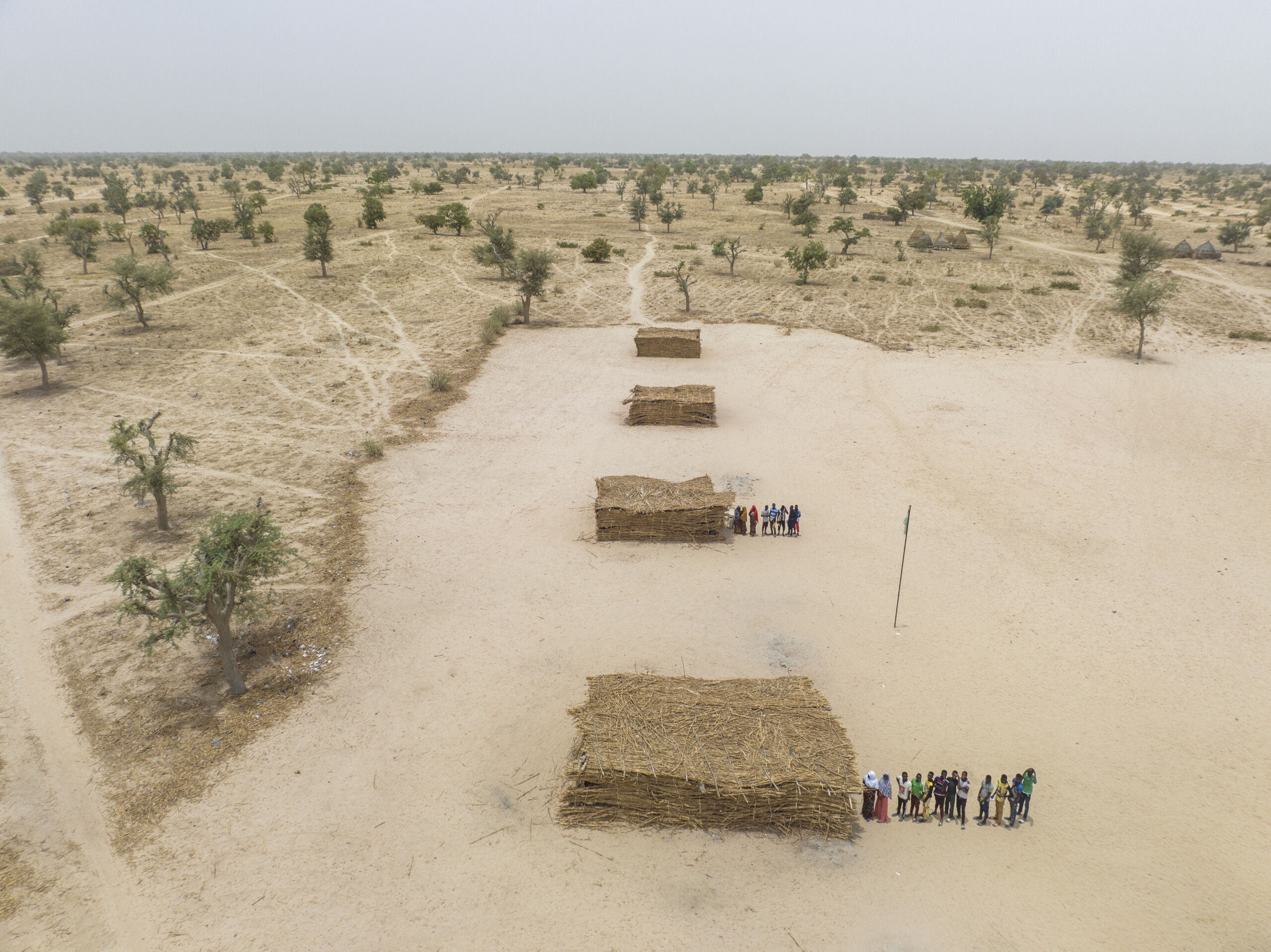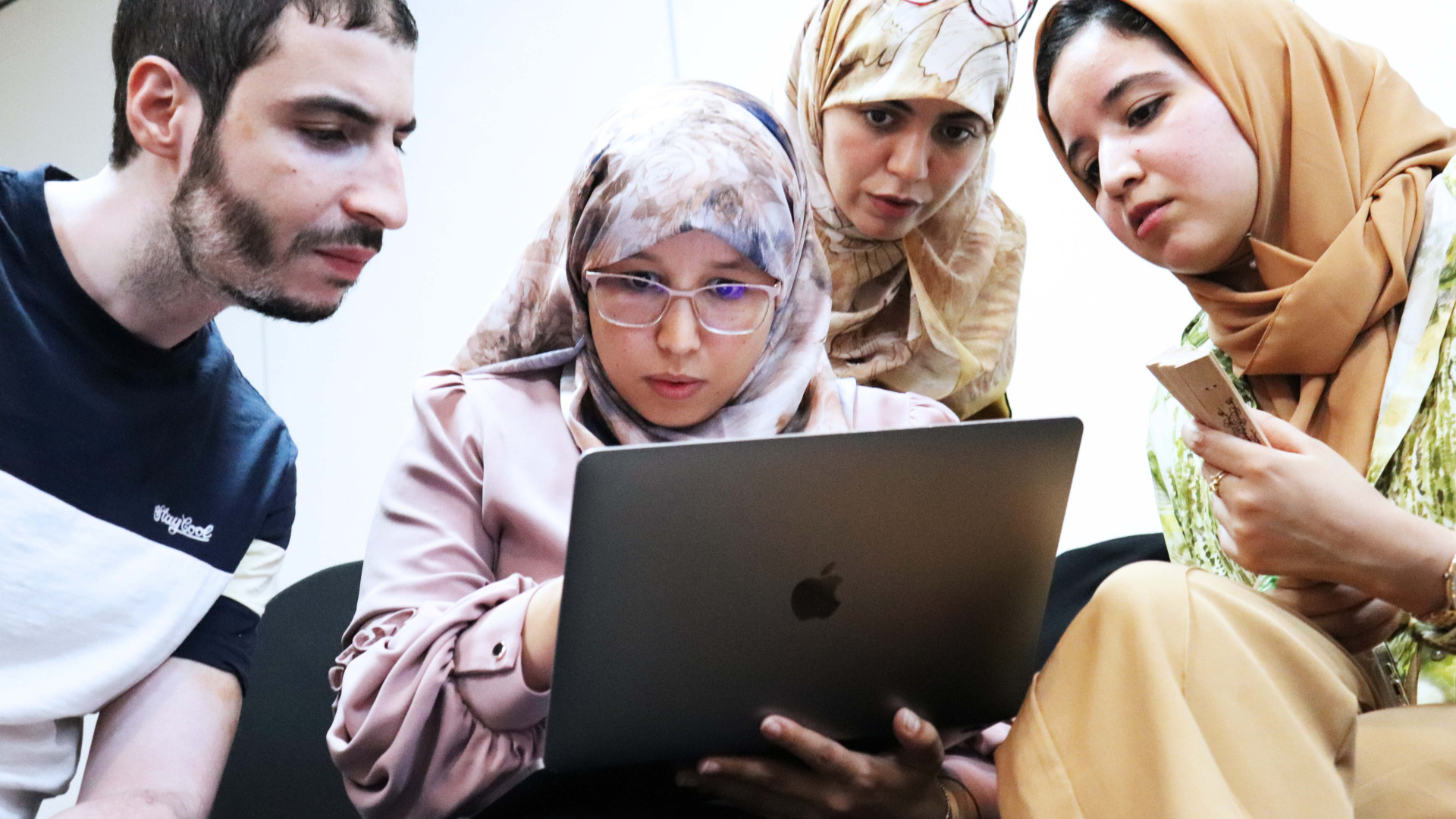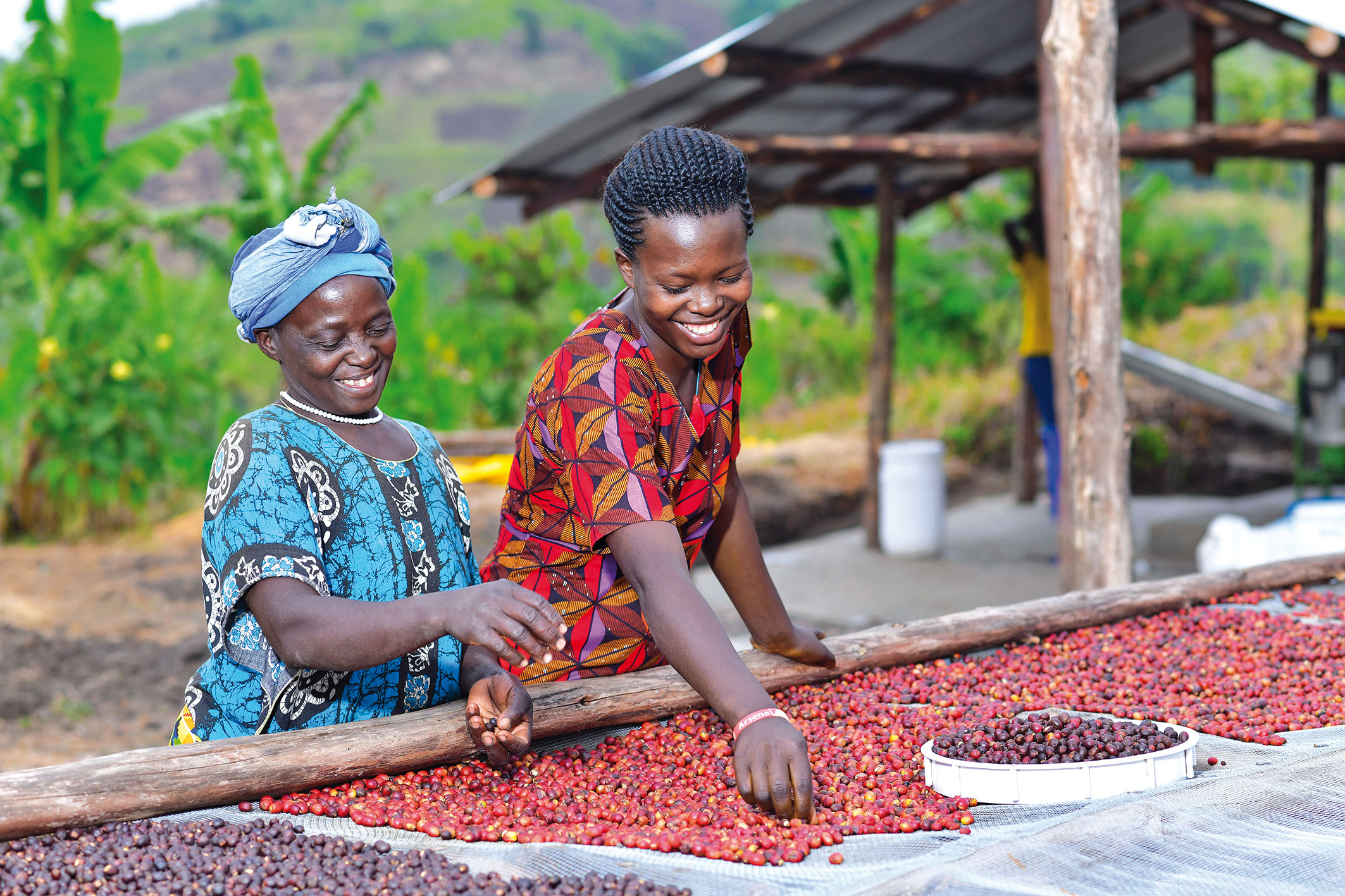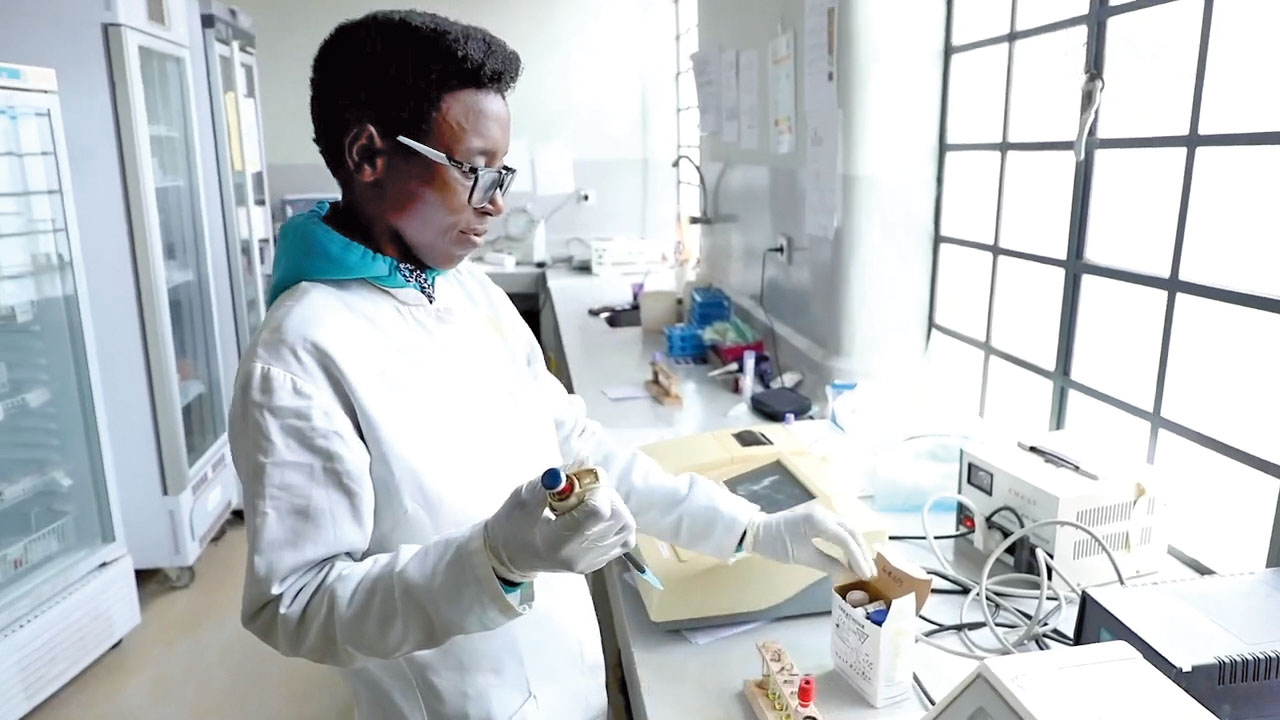News
28 October 2021
Enabel implements first Belgian climate programme in the Sahel
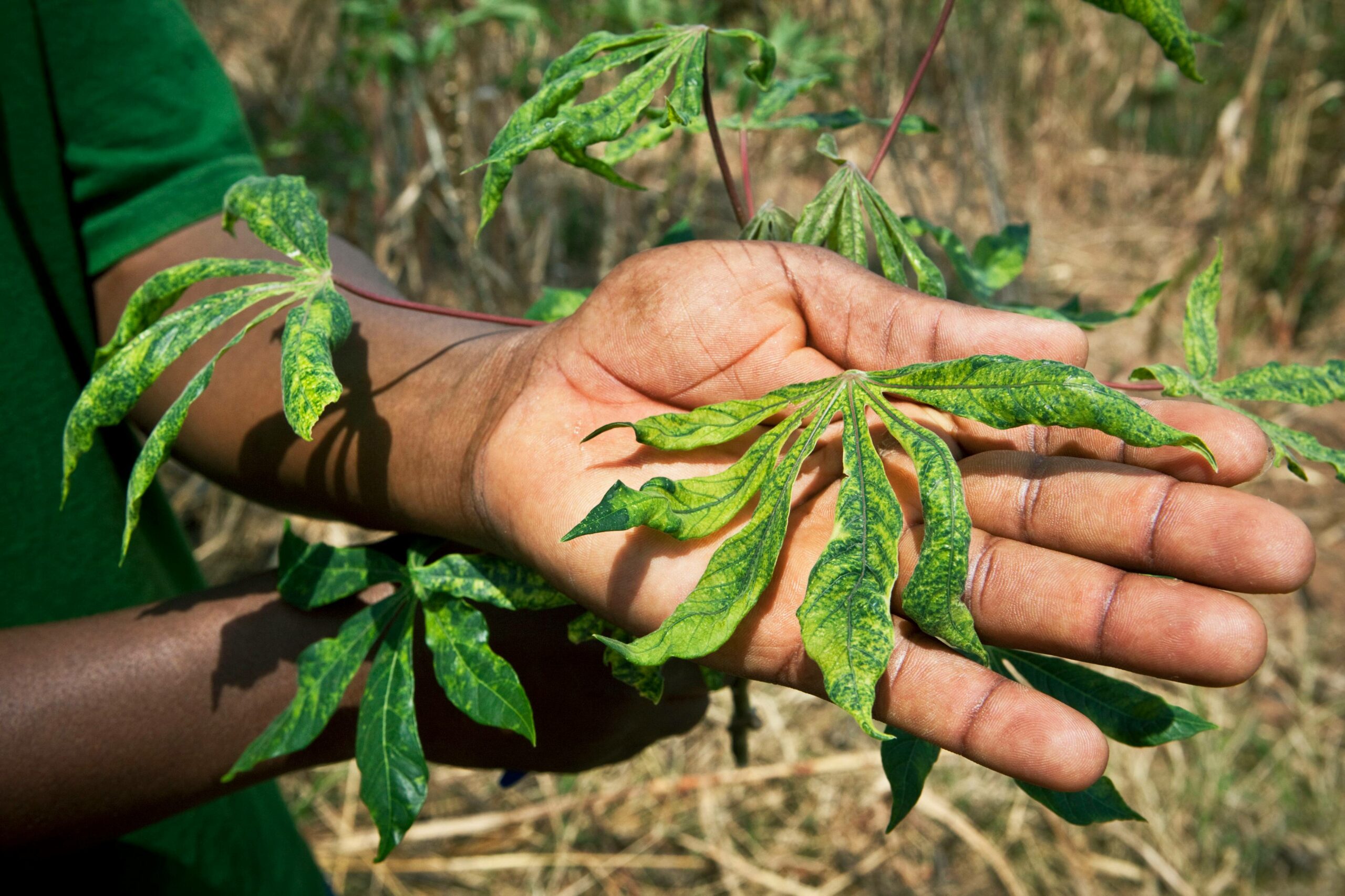
Ouagadougou, Burkina Faso | During her working visit to Burkina Faso on 26 October, Meryame Kitir, Minister of Development Cooperation and Major Cities Policy, has presented the Belgian regional climate programme for the Sahel. It is the first time that Belgium invests in a regional programme with a specific focus on international climate action. In total, fifty million euros will be spent over a period of five years. Enabel has been entrusted with the preparation and the implementation of the climate programme.
The desert-like Sahel region is particularly vulnerable to climate change. This has serious consequences for local agricultural development in a region, already vulnerable to poverty and armed conflict. A further decline due to prolonged drought and desertification would put even more pressure on the stability of the region and the life prospects of its populations.
“Here in the Sahel, you can literally see the situation deteriorating. Almost inch by inch you can follow who is winning: extreme droughts or humans. With this regional climate programme, we can make a difference for very many people,” said Minister Kitir. “We are not only ensuring that people here in the Sahel region will absorb more the shocks of climate change. With our actions – such as planting trees or refertilizing land – we are also effectively combating climate change. And that is good for all of us.”
In total, about 10,000 hectares of land – or about 20,000 soccer fields – will be made fertile again. Investments will be made in better rainwater storage and in planting trees. The aim is to support sustainable local solutions and protect existing eco-systems, including the Great Green Wall project. By combating desertification, local communities can continue to ensure their food security in the longer term.
Picture credit: Dieter Telemans
